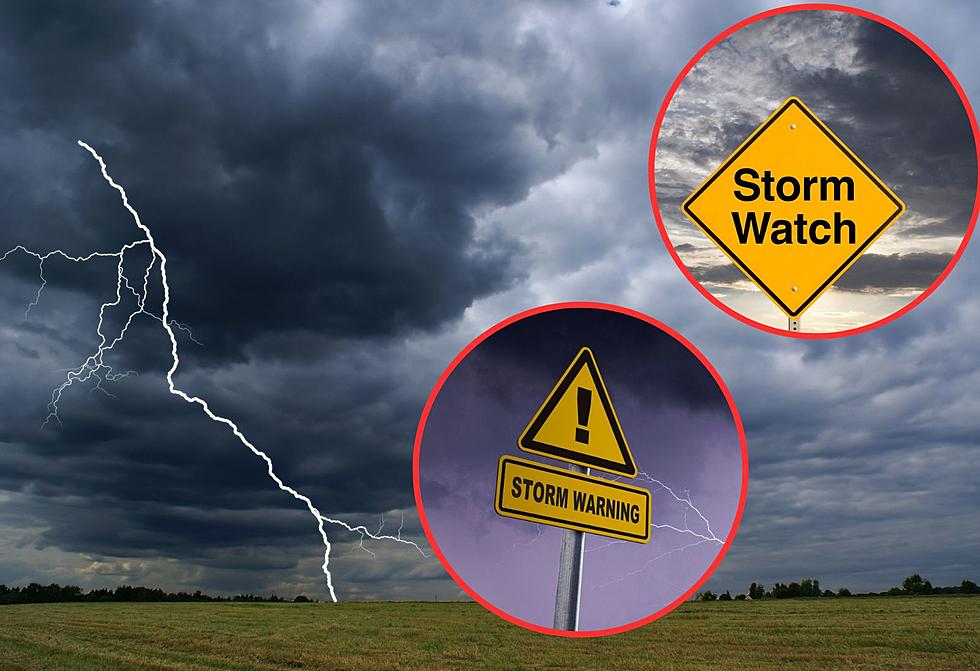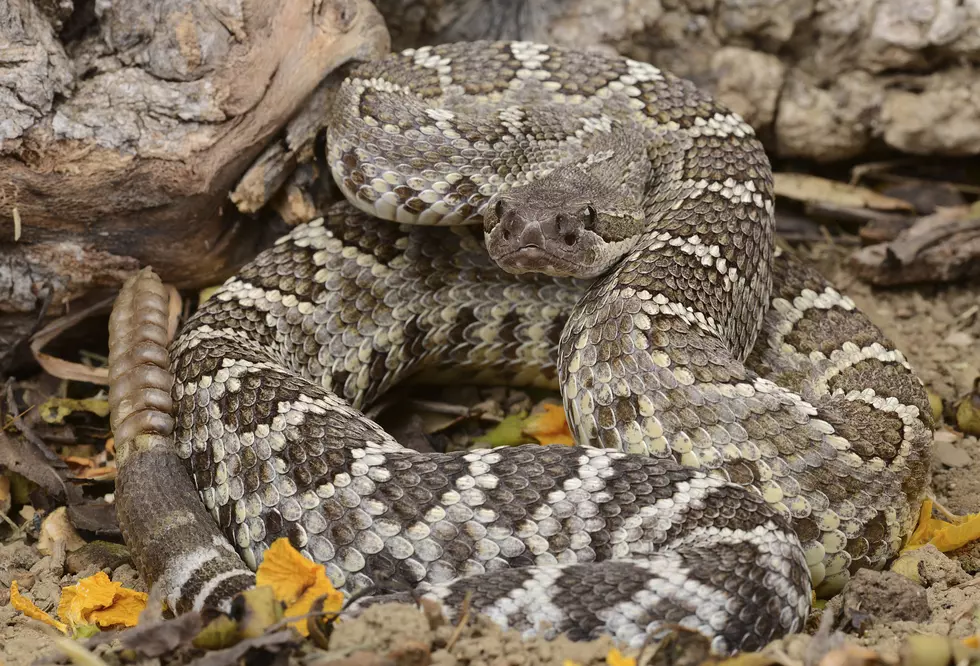
How Long Does Allergy Season Last in Texas?
I don't know about you, but at the beginning of spring and fall, I get hit by insane allergy attacks. As a matter of fact, this year was one of the worst I've had in years.

I chalked that all up to the fact that I'm getting old and my body doesn't fight off stuff, like allergens, as it once did.
Well, according to one report, by ABC in Chicago, it seems climate change may impact the length and intensity of allergy season. It makes sense, especially if you consider the fact that many trees were releasing pollen well ahead of schedule this year.
While allergists have seen the trend, a new University of Michigan study confirms what is causing it and what to expect in the future. Research shows increased temperatures caused by climate change are making the pollen season longer and more intense. [ABC7 Chicago]
The report also states that by the end of the century we'll see allergy season start over a month earlier and lasting quite a bit longer than normal. We should also see over a 200% increase in pollen emissions annually.
The bright side is that I won't be alive at the end of the century, but future generations appear to be in store for some brutal allergy seasons, all thanks to climate change.
How Long Does Allergy Season Last in Texas?
In most states, allergy season is primarily in the spring, but in Texas, it's much longer thanks to the weather.
As it turns out, one of the big reasons why allergies are so bad in Texas is the heat. But it’s not those blistering summer days that are to blame. Rather, the state’s relatively mild winters create the perfect environment for year-round allergens. Texas’ mild winters allow for year-round plant growth, which means plants can pollinate throughout the year. While other parts of the U.S. are experiencing frigid temperatures that turn vegetation dormant, some Texas plants are undergoing another season of pollination. In fact, winter is one of the worst times of the year for allergies in Texas. [Texas Heritage for Living]
So, while many, like myself, absolutely die from allergy attacks in the spring and fall, the winter months can also wreak havoc on allergy sufferers, thanks to our state's weather conditions.
For the most part, though, you can expect allergy season to stretch from March through mid-October.
LOOK: Classic Signs You Still See Around Abilene
More From Rock 108









